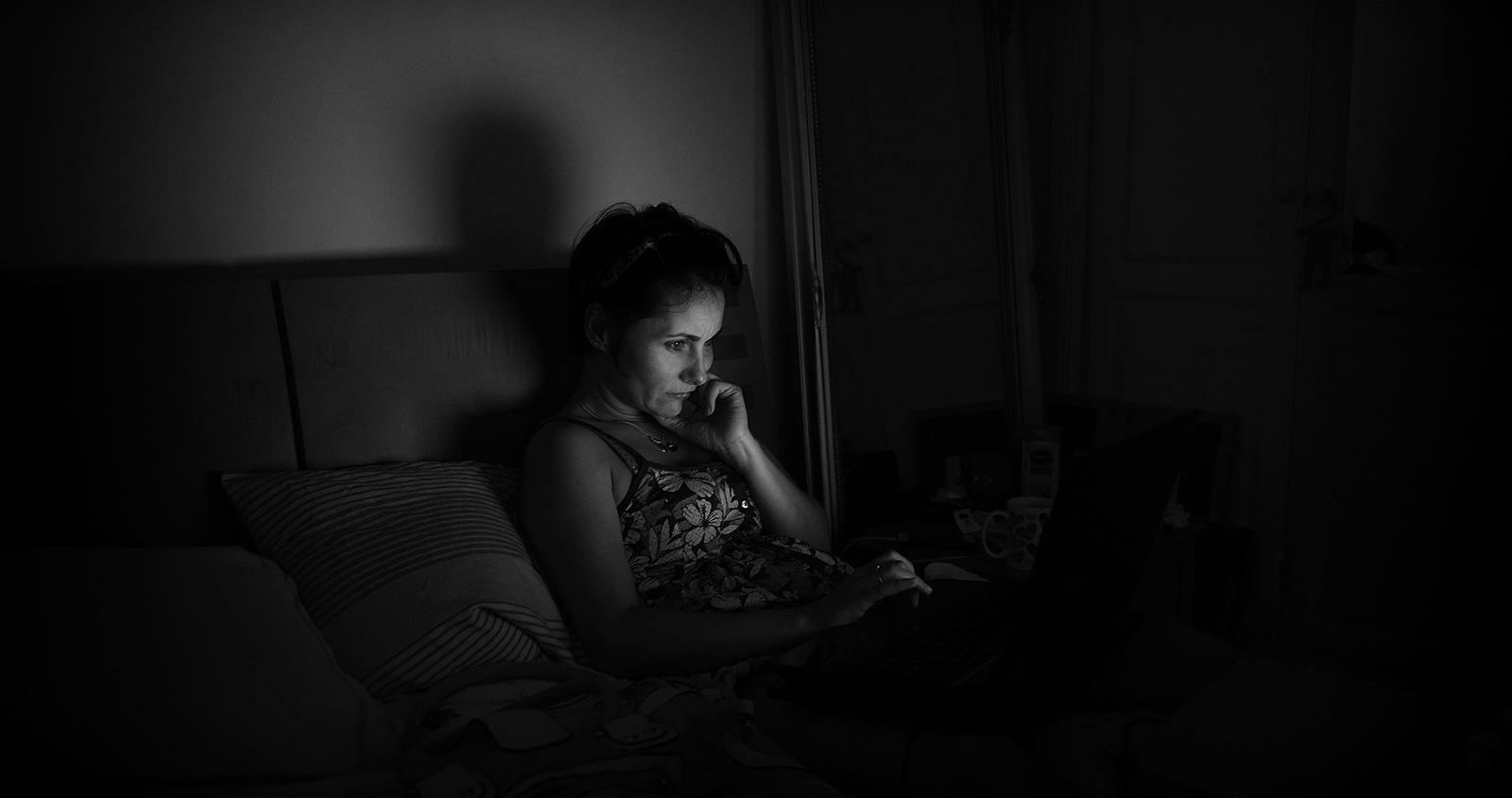UPDATE: This year's EDU Drive has come to an end and we'd like to express our sincere gratitude to our generous sponsors.
My call for education providers two weeks ago resulted in around 40 applications. After filtering out ineligible or too difficult to reach applicants*, you can now find our final selection of 31 organisations below. In total, they will receive 400 copies.
I now need to find a way to cover the shipping cost of around $5 per copy. To achieve this you or your company can become a sponsor. You can sponsor 20, 50 or 100 copies through the link below.
What do you receive in return for sponsoring copies?
- A permanent mention and link on this page
- A brief mention in the Dispatch
- A shoutout/mention on Offscreen's Twitter account
- The great feeling of supporting the next generation of techies 🙂
This campaign has finished. Thanks to our sponsors (further below) for their support.
Where are the copies going?
Depending on the location and shipping cost, each of the below organisations will receive between 10 and 20 copies of mixed issues of Offscreen:
Academy of Our Lady of Peace
aCAT Penang
Accademia Belle Arti Catania
ACMI X
Barnard College
California University of PA
Center Centre
CodeNow
CodeYourFuture
CWRU ACM
École Brassart Nantes
Emzingo U
Fresno State University
Fundamentals Academy
i.c.stars
Jacht — University of Nebraska
Longford college of further ed
Manchester Met University
MICA (Maryland Institute Colle
Parsons School of Design
Service Design Network
Shillington Education
Thayer Academy
The Grace Hopper Program
The New Digital School
University college Howest
University of Colorado Boulder
University of the Arts London
UOC.edu
Yoobee School of Design
If you have any questions, feel free to reach out.
*We also received requests from colleges in Sri Lanka, Nigeria, and Peru. Unfortunately, some locations are just too difficult and expensive to reach. I apologise for having to exclude these from our list for now.
Update: Thanks to our sponsors
Thanks so much to our generous EDU sponsors who have collectively covered shipping costs for 210 copies of Offscreen. We will pick up the tab for 90 more copies to round it up to 300. Some of them have already been received, the rest is going out shortly. Thanks to all involved for spreading the word and for chipping in! 🙌
10 Copies – SPOKE.
10 Copies – With Jack
10 Copies – Alex Jacque
10 Copies - Users Insights
10 Copies – INCAYA
10 Copies – Zach Grosser
10 Copies – Subsail
20 Copies – Anonymous
20 Copies – Designing Intelligence
20 Copies – Emerson Stone
30 Copies – Anonymous
50 Copies – Lucid
Reading icon by IYIKON from the Noun Project




